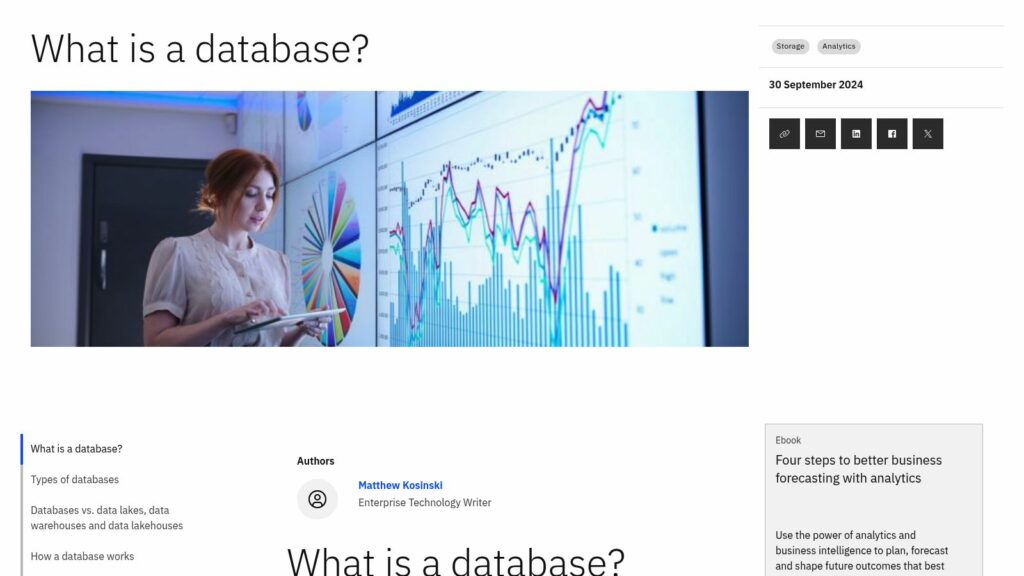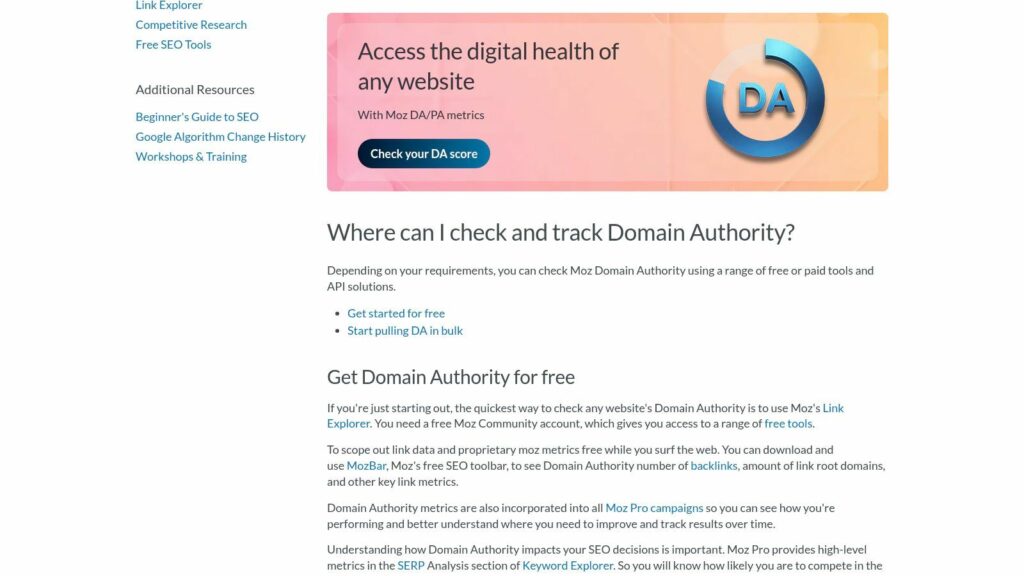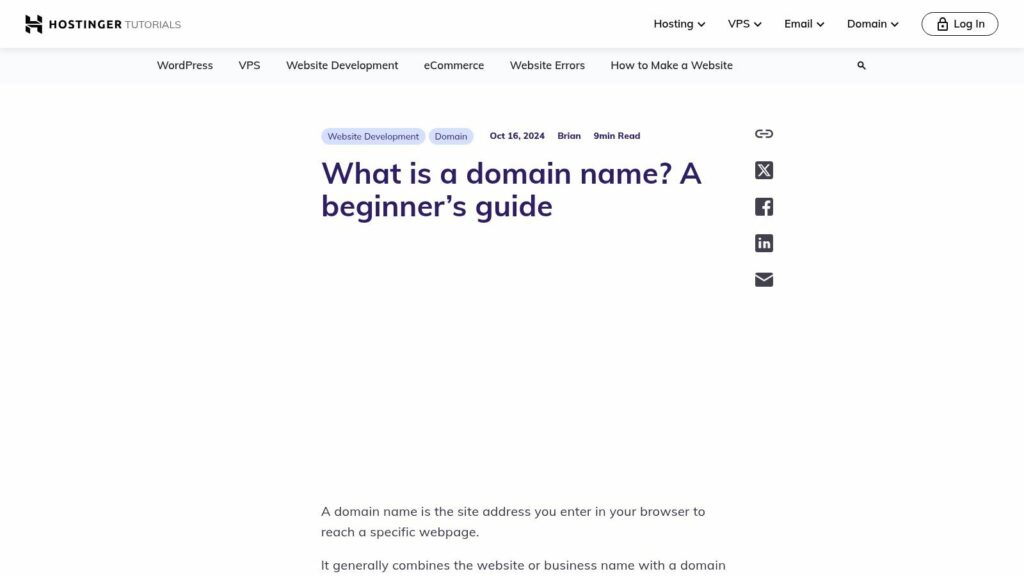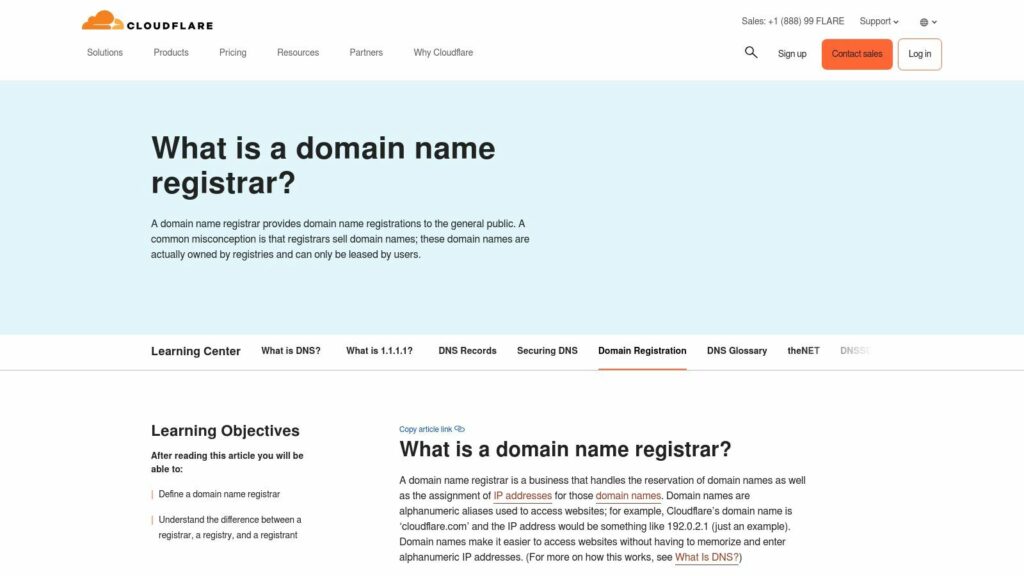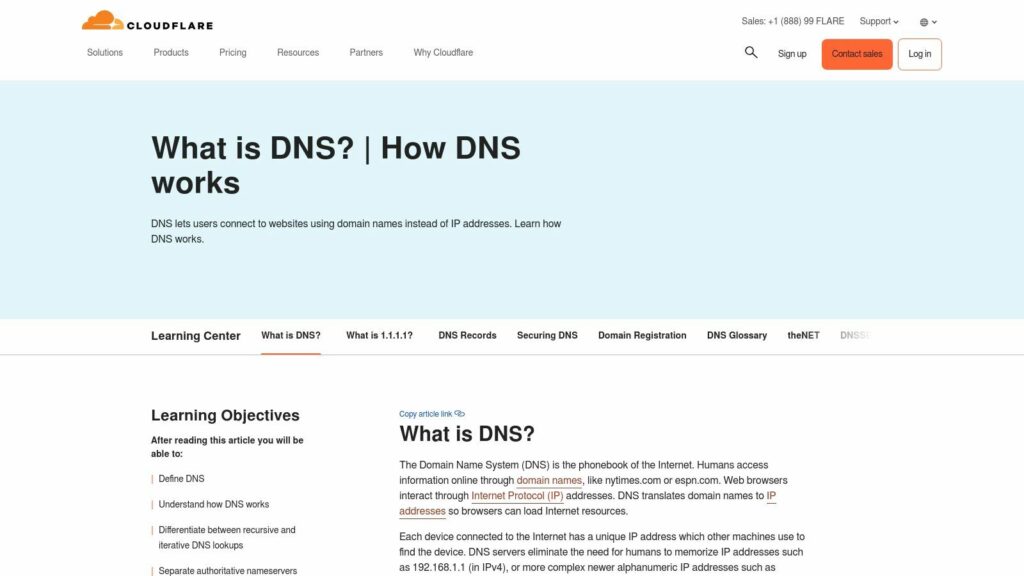Database
Database: digital data repository for storage, management, and security. Types: relational (tables) and nonrelational (various structures). Crucial for businesses to handle extensive data (petabytes) and support initiatives like AI and ML. Not just storage; ensures data integrity, access, and usage. Distinction from spreadsheets like Excel; databases manage more complex queries and formats. Common types include navigational, relational, nonrelational (NoSQL), object-oriented, vector, and cloud databases. Each serves specific data management needs and scalability. Databases uphold data usability, integrity, and security, crucial for compliance and operational efficiency, especially supporting AI technologies.
